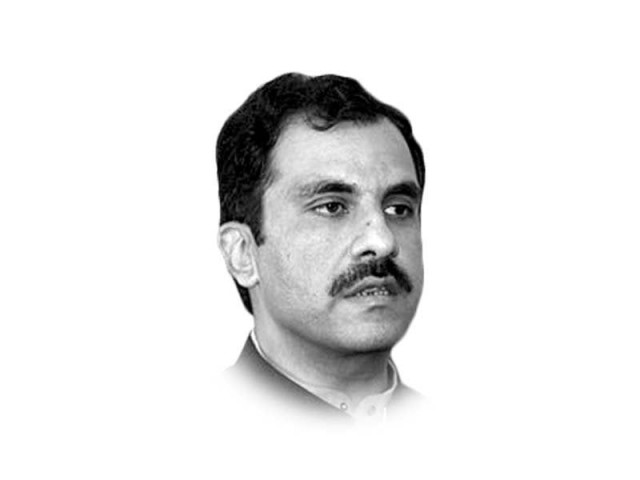Will Glasgow-26 deliver?
Threats of climate change have come so suddenly that our preparedness to respond to them seems very abrupt accordingly

Confession is good for the soul. Will Glasgow deliver? The apprehensions are that it would not.
Paris Agreement divides the world into a choice of haves and have-nots. It offers a set of nations who have reached the developmental-evolution levels to consider the environment as a license of longevity while at the same time a set of nations whose evolution is jeopardised by threats of existence. Poverty, hunger, and illiteracy on the latter’s end while affluence, ampleness, and prosperity on the former’s end will probably jolt the planet into environmental inequity. The question again is: will Glasgow deliver?
Firstly, for the Paris Agreement to realise its objectives, the socio-economic chasms between the developing and the developed world must be minimal. To bridge this gap, the developed world must share their piece of the cake with the developing world, and that too without any explicit or implicit political motives. There is nothing such as a free lunch so will the developed world help the developing world keep pace is a big question. It is also a sturdy challenge that has roots both in history and currency. How to separate politics from environmental dollars is a climate science that needs to be perfected by a humanistic art.
Secondly, COP 26 aims to achieve net-zero carbon emissions by mid-century through phasing out of coal, reducing deforestation, switching over to electric vehicles, and encouraging investments in renewable. These commitments are a handful of choices that can be only opted by countries to which climate change is a luxury and not a necessity. For the developing world where the energy crisis looms around the development pivot and where social sectors press hard for public expenditure, the environment is a luxury unless those needed sectors are satiated. The aims set out above are not ambitious but idealistic given the ground realities of the developed world struggling to work out extreme poverty, hunger, illiteracy, and the socio-economic shocks of COVID 19.
Thirdly, the question of finances required to put ideas into action is very crucial. Though the commitment is to raise and make available US$100 billion per year, there is little to no estimation as to how much would be really required to form the world body to be able to respond to climate change and deliver on the objectives of the Paris Agreement. Whether those funds would be kept off from the political motives and manipulations is not determined either. How transparent and less bureaucratic would the fund’s flow be is again a serious question as if allowed to run through the fatty international organizations, nearly more than half of the US$100 billion a year would be consumed by Graham Hancock’s Lords of Poverty.
The threats of climate change have come upon us so suddenly that our preparedness to respond to them seems very abrupt accordingly. There are once again scores of international plans, strategies, and conventions all focusing separately on different dimensions of this climate affair. What was learned in the case of Millennium Development Goals followed by Sustainable Development Goals and other multilateral environmental agreements was the great disconnect amongst these strategies themselves. A confession which is made in the UN Ecosystem Restoration Strategy 2021-2030 that has well recognised this fact and has for the first time brought all these various conventions together to form a synergy level. Once more we are on the course of even more confusion as reflected from the Paris Agreement, which has become a punching bag between the tycoons of the US and China. Given the great levels of politicisation, there are hardly any chances to keep politics at bay from making inroads into the implementation of the agreement. Unless we keep politics separate from the environment, the aim of net-zero carbon emissions affair will never meet the net-zero end.
So will Glasgow deliver? Well, the apprehensions are that it would not!
Published in The Express Tribune, October 6th, 2021.
Like Opinion & Editorial on Facebook, follow @ETOpEd on Twitter to receive all updates on all our daily pieces.















COMMENTS
Comments are moderated and generally will be posted if they are on-topic and not abusive.
For more information, please see our Comments FAQ